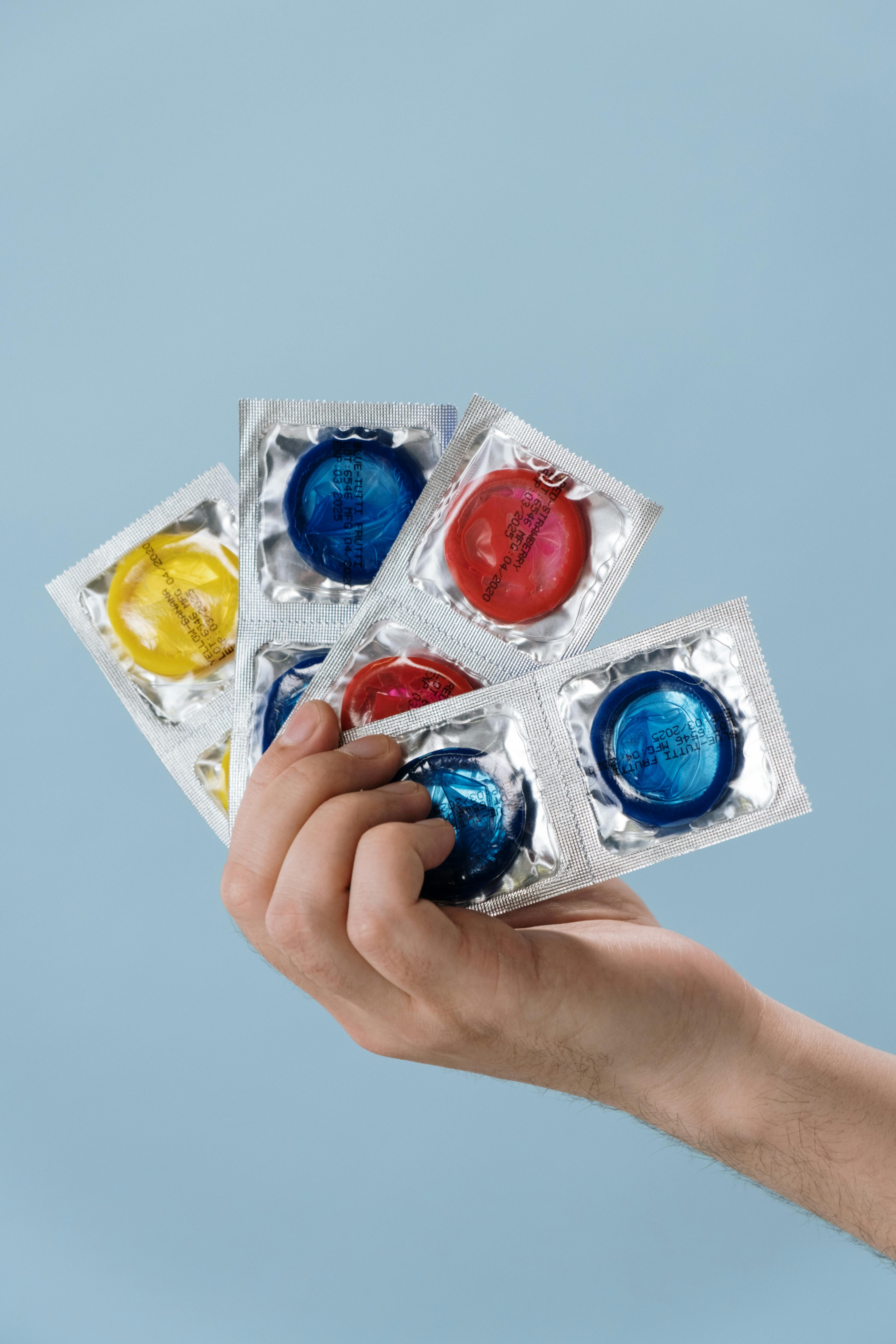CHLAMYDIA
-
What is Chlamydia (NGU)?
Treatment Chlamydia (misspelled as clamidia, chlamidia, clamydia, clymidia, chlymidia, clamidia, chlamidia, etc.) is a sexually transmitted disease (STD). Chlamydia trachomatis, or simply chlamydia, is a bacterial infection caused by pathogen (germ) Chlamydia trachomatis that usually infects the genitals of both men and women, but can also infect the throat, rectum and eyes. Chlamydia is one of the most common STD's - and because more than 50% who have chlamydia have no symptoms at all - chlamydia infection usually goes untreated.Chlamydia photos & pictures >>>
-
How is Chlamydia Contracted?
Chlamydia is mainly passed through sexual activity:
- vaginal or anal sex with an infected partner
- oral sex, although this is less common
- sharing sex toys
- touching parts of the body with fingers (for example, chlamydia often occurs in the eyes)
You can NOT catch chlamydia from simple kissing, sharing baths, towels, cups, or from toilet seats.
Chlamydia prevention >>>
-
Incubation Period of Chlamydia
7-21 days
-
Signs and Symptoms of Chlamydia
2/3 of women and 1/2 of men who have chlamydia have no symptoms at all; others have symptoms so mild they aren't noticeable.
Chlamydia Symptoms in Women:
- an unusual vaginal discharge
- pain or a burning sensation when passing urine
- bleeding between periods
- pain during sex or bleeding after sex
- low abdominal pain sometimes with nausea
Chlamydia Symptoms in Men:
- white/cloudy, watery discharge from the tip of the penis
- pain or a burning sensation when passing urine
- testicular pain and/or swelling
-
Testing of Chlamydia
A urine test and a swab test collecting fluid from the penis or vagina. (Swab test is obtained by briefly placing a swab in the opening of the urethra at the tip of the penis; this causes brief discomfort and a burning sensation)
-
Treatment of Chlamydia - Is there a Cure for Chlamydia?
Chlamydia is simple to treat with antibiotics, either a single dose or a course lasting up to two weeks:
Treatment of Chlamydia:
- Doxycycline 100 mg 2-3 times a day for 10-14 days, or
- Zithromax® (azithromycin) 1.0 gm (4 x 250 mg) a single dose, or
- Zithromax® Z-pak® (azithromycin) - 500mg on day 1, followed by 1 tab (250mg) once a day for 4 more days
To avoid re-infection, any sexual partners should be treated too. Treating gonorrhea is advocated for patients being treated for chlamydia, and vice versa (50% have both infections together)
Treatment of Gonorrhea:
- Cipro® XR 500 mg a single dose, or
- Levaquin® 500 mg a single dose, or
- Tequin® 400 mg a single dose;
Once chlamydia has been successfully treated, it won't come back unless a new infection is picked up.
-
If Chlamydia is Not Treated
Without treatment, chlamydia infection can spread to other parts of the body causing damage and serious long-term health problems.
In women, chlamydia can cause pelvic inflammatory disease, which can lead to:
- ectopic pregnancy (a pregnancy outside the womb)
- blocked fallopian tubes (the tubes which carry the egg from the ovaries to the womb), which can result in reduced fertility or infertility
- long-term pelvic pain
- early miscarriage or premature birth
In men, chlamydia can lead to:
- painful inflammation of the testicles, which may result in reduced fertility or sterility
- occasionally, Reiter's syndrome (inflammation of the joints, urethra and eyes)








Leave a comment